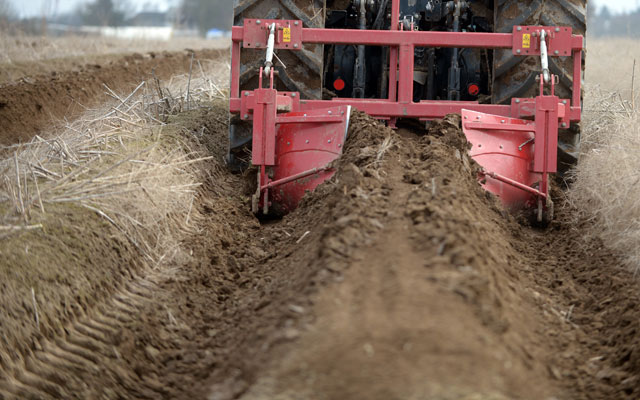Globalist Secret Agenda Behind Climate Alarmism, NetZero Policies, Food Shortages
In Washington DC, we sat down with Mr. Marc Morano, the executive director of ClimateDepot.com, as well as the author of Green Fraud: Why the Green New Deal Is Even Worse than You Think. During our discussion, he broke down for us how Global Elites are manipulating science in order to get the world’s people to believe in a “climate emergency”, how the NetZero Agenda seeks to implement a controlled Demolition of the current world, and how the “Green Movement” is not about the environment, but rather, it’s about implementing global centralized control over all of our lives.
More From EPOCH TV:















